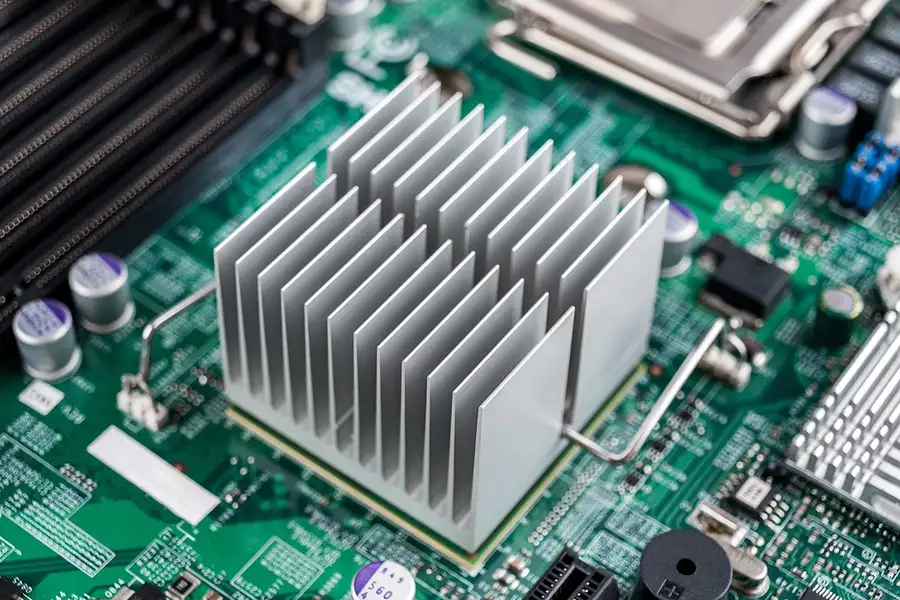Water containing a cheap lithium bromide salt can deliver longer-lasting cooling for computers while improving their performance

Computers could see their performance jump by one-third through an inexpensive cooling solution based on lithium bromide salt – all while enjoying 10 times longer cooling than using alternative passive cooling systems.
To remove heat generated by a computer’s central processing units, researchers designed a system that relies on water evaporation from a solution containing lithium bromide – a salt capable of absorbing water.
Wei Wu at the City University of Hong Kong in China and his colleagues placed the lithium bromide solution within a porous membrane that only allows water vapour to pass through. They set that within a hollow plate to ensure that no salty solution seeps through to the computer’s electronics, and then added a metal heat sink to efficiently transfer heat away from the adjacent computing device.
That cooling process allows the computer processors to draw more power during intensive computing without overheating. When the computer is idling and not running hot, the passive cooling system can replenish its water and effectively reset.
“The device can spontaneously and quickly recover its cooling capacity by absorbing water vapour from the air during off hours, just like a mammal rehydrating and preparing to sweat again,” says Wu.
Testing showed that the passive cooling system could keep an off-the-shelf computer processor running below 64°C (147°F) for about 400 minutes – a huge improvement over alternative passive cooling systems. For example, one alternative uses a chromium-based metal-organic framework (MOF), which can hold a lot of water moisture. But these MOFs are expensive and only provide cooling for 42 minutes. The salt solution delivers cooling with 1000 times better cost-effectiveness than the MOF approach.
Salt cooling enabled the computer processor to improve its average input power – and therefore computing performance – by almost 33 per cent during testing.
Such passive cooling could prove extremely helpful in both personal computing devices and in computer servers packed within hot data centres. But it could also work with batteries, solar cells and buildings, says Wu.

